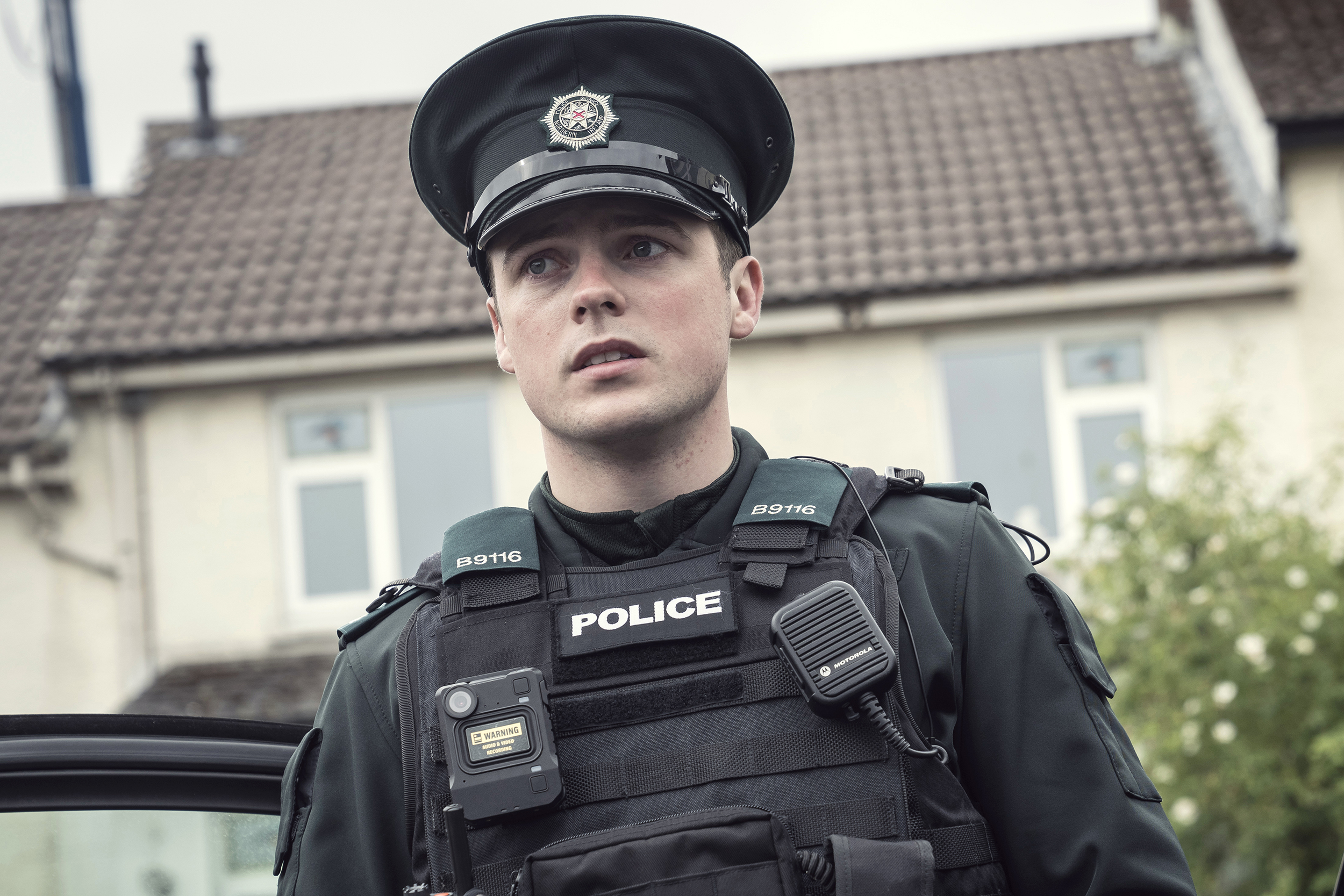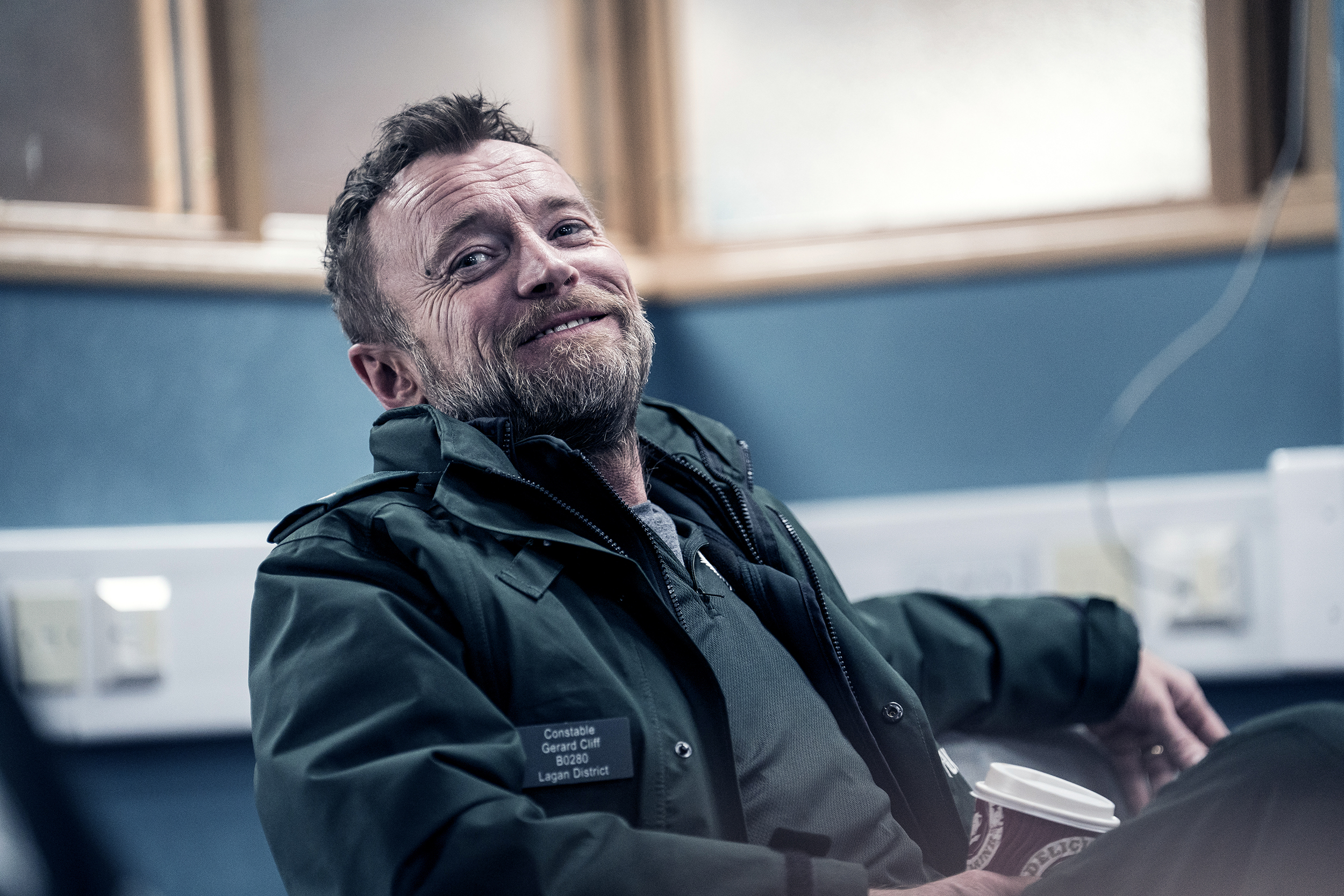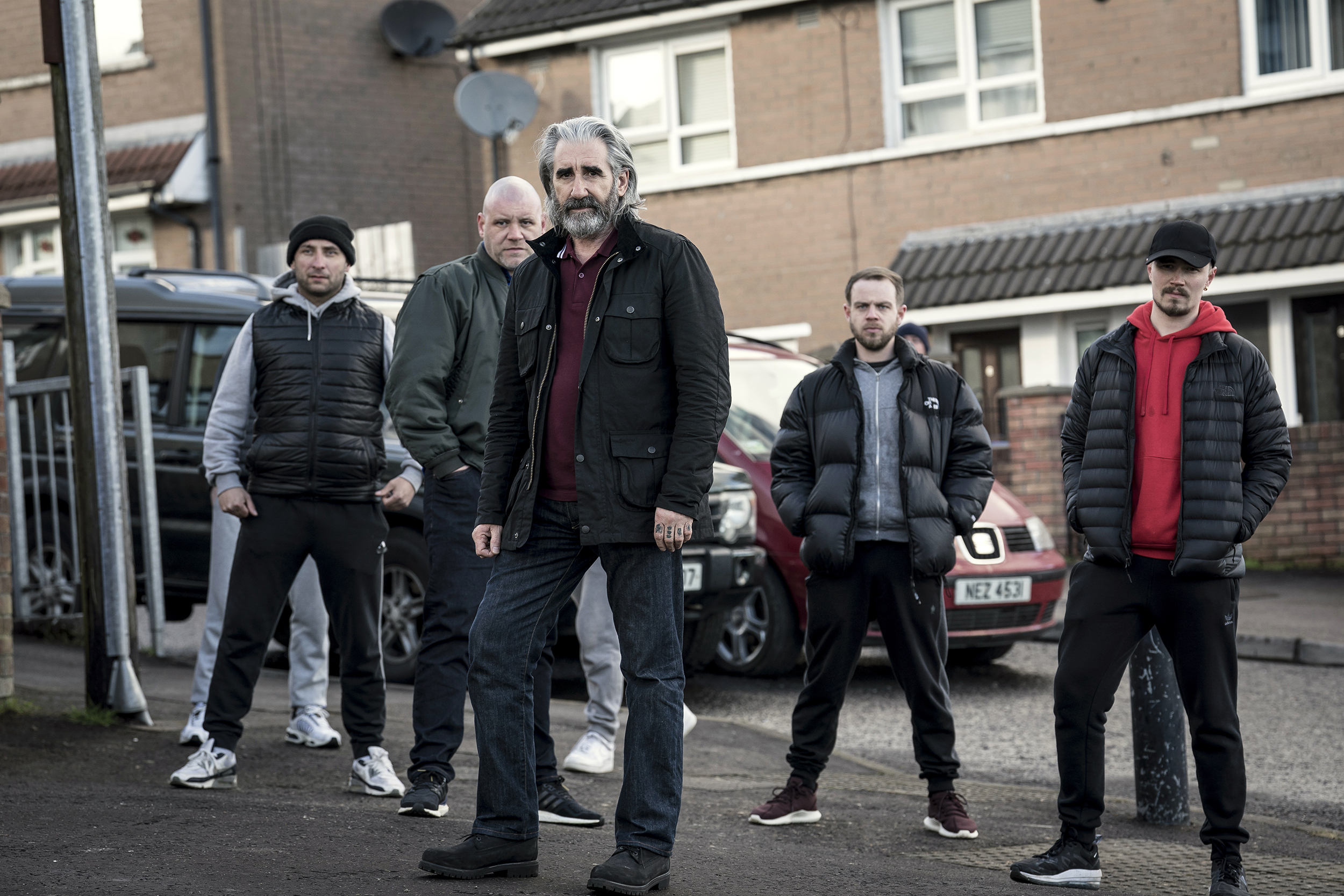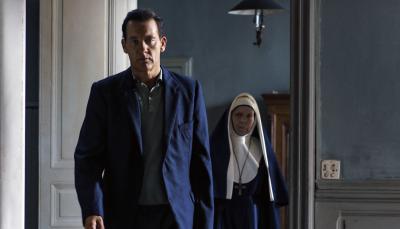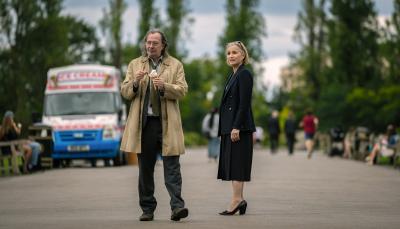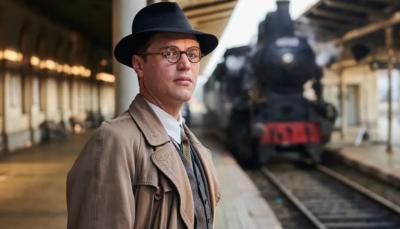In An Age of Copaganda, 'Blue Lights' Relevancy is Everything
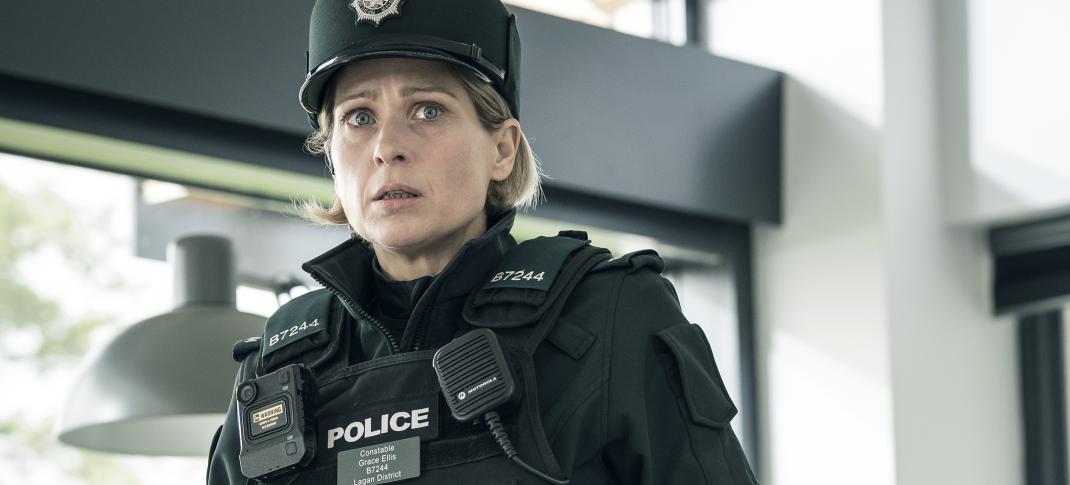
Sian Brooke as newbie cop Grace Ellis in 'Blue Lights' Season 1
BritBox
Recalibrating the cop show in an age where terms like “ACAB” and “copaganda” have reached mainstream awareness is no easy task, but despite the vast majority of cop show audiences won’t, in all likelihood, care too much about systemic police corruption, producers and networks are always trying to convince skeptics that their new series has balanced the inherent flaws with finding police procedure exciting while also delivering that very same excitement. They never do, of course, but a procedural show must have a novel and resonant edge to its premise for it to be greenlit in Great Britain or Ireland.
Relevancy is everything, and Blue Lights wants to make it clear how thoughtfully it’s considered the pitfalls of modern police drama. In some respects, its approach to dramatizing police work is welcome; in others, it falls eye-rollingly short. Still, in trying to fill the shoes of dynamite Brit hits like Line of Duty and Happy Valley, Blue Lights proves exciting enough to warrant more six-episode ridealongs.
The new BBC series focuses on how three rookie constables accustom themselves to the intense demands of a Belfast frontline response unit, surrounded by hardened officers who remain more skeptical than welcoming to new recruits. With new blood filling out the precinct’s ranks, there are hot tempers, conflicting perspectives, and brash naivety – stemming mainly from middle-aged Englishwoman Grace (Siân Brooke), the younger Annie (Katherine Devlin), and sweetheart Tommy (Nathan Braniff).
Just as policing (and therefore, police dramas) in Britain differs significantly from America, so is a massive gulf between policing in Britain and Ireland. Blue Lights is set 25 years after Northern Ireland signed the Good Friday Agreements, which helped end much of the violence that raged during the Troubles. But with Blue Lights, it’s refreshing to see a series concerned with the violence of the Troubles rippling forward to the present day. The opening moments lay clear the everyday habits of Belfast coppers are laid clear – constables keep their service handgun in their home, they check under their car for explosives.
In its attempts to unpack the role and function of the cop show, Blue Lights concerns itself with the process. Bureaucracy, policy, and proper evidence handling are of paramount interest to writers Declan Lawn, Adam Patterson, and Fran Harris; they each rear their head at inopportune times, both guiding their judgment and preventing officers from taking what they see as the most helpful course of action.
But the codes of conduct that rule police officers’ daily work can also protect them from unfortunate consequences. When Annie accidentally bursts open an arrestee’s nose, the fact that fellow constable Jen (Hannah McClean) covers for her is played as an earnest show of empathy rather than another example of “the thin blue line” protecting its own from necessary justice.
There are some other confusing aspects to how Blue Lights examines its modern setting. Brooke puts in an assured performance as Grace, but the character is a bit flat – and something about how her history as a social worker is woven into the story feels off. At least in the first half of the season, Grace pointedly disobeys orders and rank to carefully and empathetically engage with persons of interest. The fact that it’s an English character who defiantly shows humanity to vulnerable people doesn’t sit well in an Irish series.
However, an even greater problem is that the inability of police officers to show kindness and empathy to citizens cannot be reformed by transferring more social workers to the force but by siphoning the extreme overspending on police departments to social care. At no point is Blue Lights interested in how the police institutionally prevent community trust, relying on a couple of lone supporting characters to represent how integral kindness should be to an organization that routinely enacts state-sanctioned violence.
It’s an attempt to balance how prepared for violence Belfast cops have historically been (because they, too, are subject to it, although not for isolated reasons). Blue Lights’ interest in how to imagine a kinder, and therefore more effective, Irish police force is well-intentioned but short-sighted; the requirements of the procedural demand that police strategy and behavior not be challenged too much in case they change the design of the show too much.
There may be some core faults with Blue Lights’ perspective, but the craft is undeniable – warm, urgent performances fill out an ensemble of Irish characters who are nearly all compelling and engaging (Game of Thrones’ Richard Dormer, you will forever be famous). Episode 4 is the exciting highlight – one extended night shift under the full moon tracks the stressful duties of all our characters both in Belfast’s winding streets and cooped up in the police station. Using the framing device of an internal affairs officer piecing together the white lies and misdemeanors of the team, it feels like all of Blue Lights’ unsubtle but not entirely ineffective questioning of duty and process comes together for a terrific hour of thrills.
With Season 2 hot on its heels, Blue Lights offers enough to cautiously revisit, and hopefully, the well-established character dynamics will lead to greater thematic focus. It may not have imagined a brand new form for the cop show, but Blue Lights shines brighter than so many wannabe hit cop shows that have followed in the footsteps of Line of Duty and Happy Valley – in its best moments, Blue Lights feels like a synthesis of both. It doesn’t crack the case of what to do with the genre, but there’s no denying it stands out from the crowd.
All episodes of Blue Lights Season 1 stream on BritBox starting Wednesday, January 17, 2024. Season 2 is expected to debut on the BBC and BritBox later this spring.

